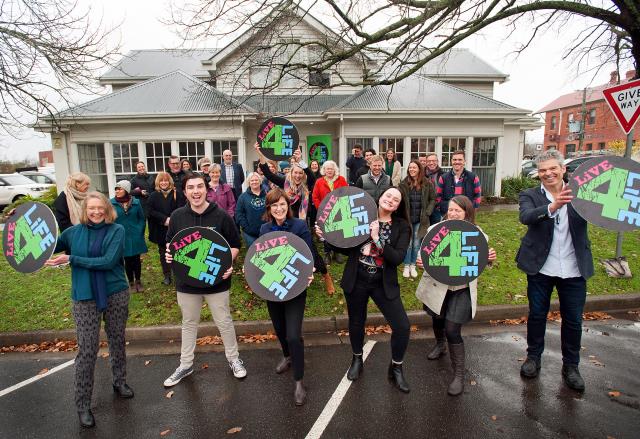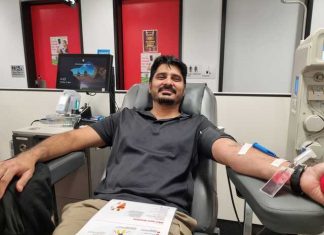Elsie Lange
Macedon Ranges council (MRSC) has been recognised for its unwavering commitment to improving the mental health of young people in the region.
Mental Health First Aid (MHFA) Australia recognised council with a ‘Mental Health First Aid Champion Community’ award, because of how hard it works to tackle the high rates of mental illness.
MHFA said the new Champion Community status is an acknowledgment of continued efforts to embed MHFA training, via the local Live4Life model, into education providers, secondary schools and the wider community.
MRSC youth services coordinator Vishal Tandon council wanted to create more supportive networks for young people to rely on.
“This meant providing MHFA training to adults in key community roles, such as teachers, sports coaches, and local service providers,” Mr Tandon said.
“It also meant providing MHFA training to empower young people to play an active role in peer-to-peer mental health support.”
The Live4Life mental health education and youth suicide prevention model was designed for rural and regional communities, focusing on support and education for young people through mental health first aid skills and training.
Data collected by the Northern Western Melbourne Primary Health Network in 2018 showed the suicide rate in the Macedon Ranges was above the statewide and national average.
“This recognition will support the ongoing implementation of Live4Life in our shire and promote the value of MHFA training for adults connected to young people throughout our community and for young people themselves,” Ms Tandon said.
The training is being delivered far and wide by a range of communicators, including school nurses, psychologists, youth and health promotion officers, partnership brokers and other community-based workers.
MHFA Community, School and University Engagement Coordinator Caillin Moore congratulated the council for their Champion Community status.
“By equipping young people with the knowledge, skills and confidence to recognise, talk about and safely respond to mental health problems we can empower them to help themselves and their friends,” Ms Moore said.
“By further encouraging empathy and reducing stigma, we create more connected and supportive communities.”
If you need mental health support, contact Lifeline on 13 11 14.







